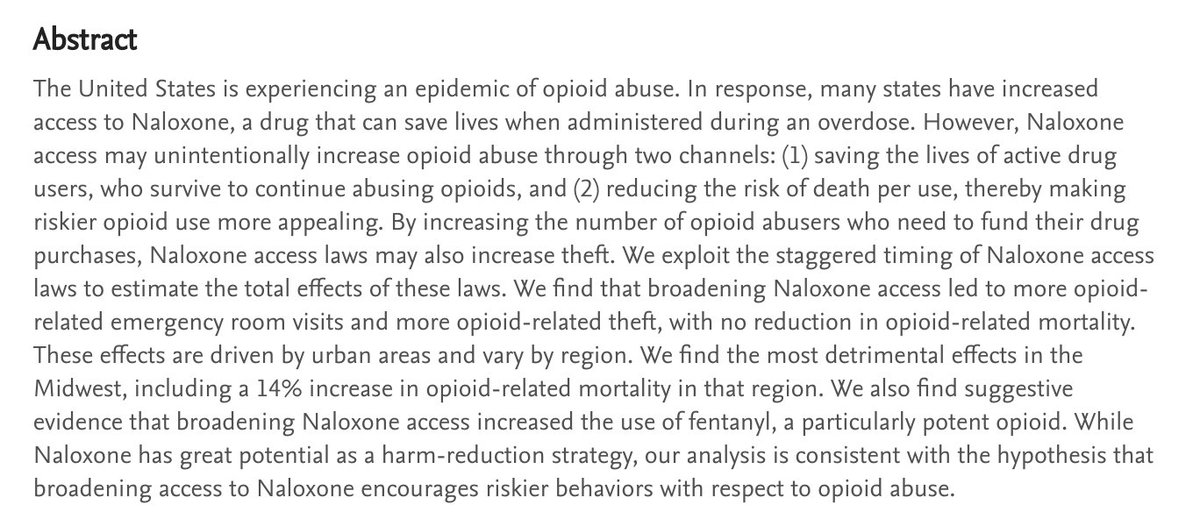I agree that the CDC should be allowed to study #gunviolence but disagree strongly with this headline 1/n washingtonpost.com/news/wonk/wp/2…
Gun violence research has not, in fact, been shut down for 20 years. Here are some studies that were done during that time: 2/n
• • •
Missing some Tweet in this thread? You can try to
force a refresh






